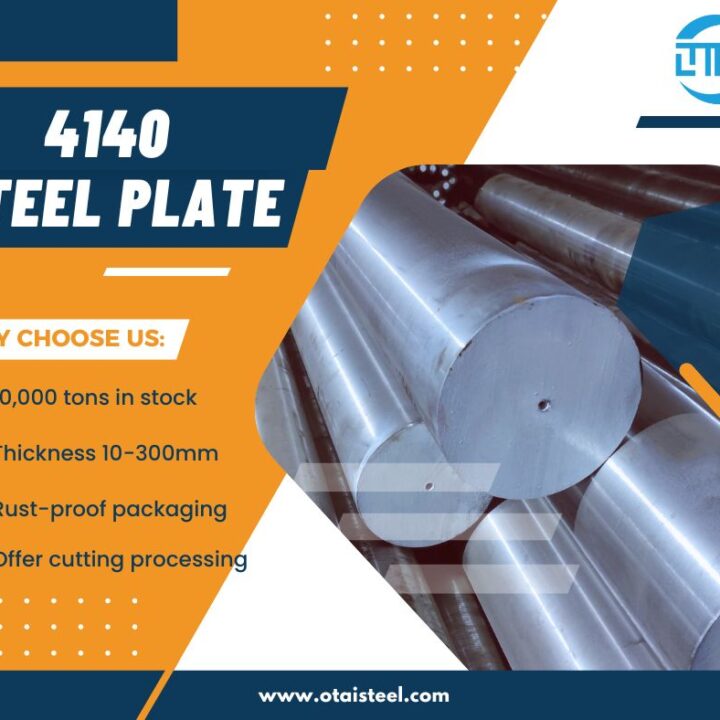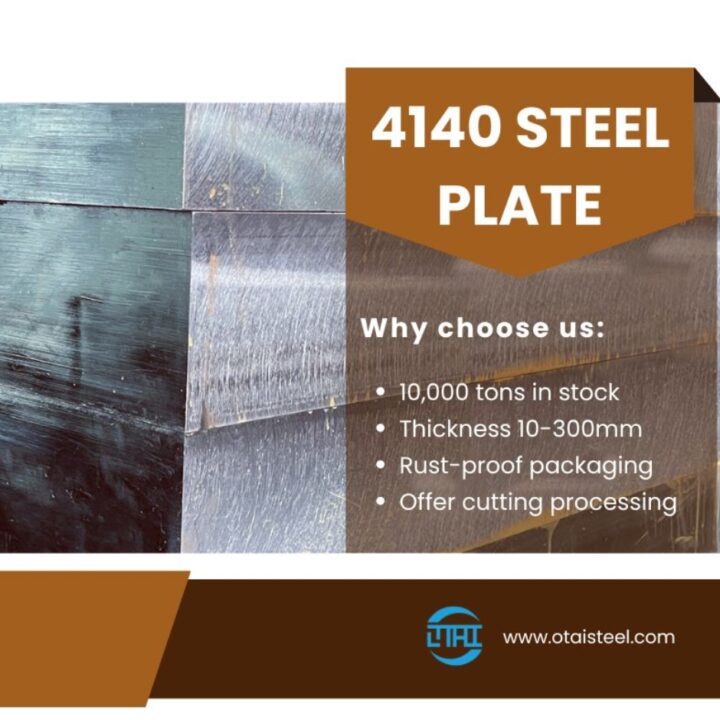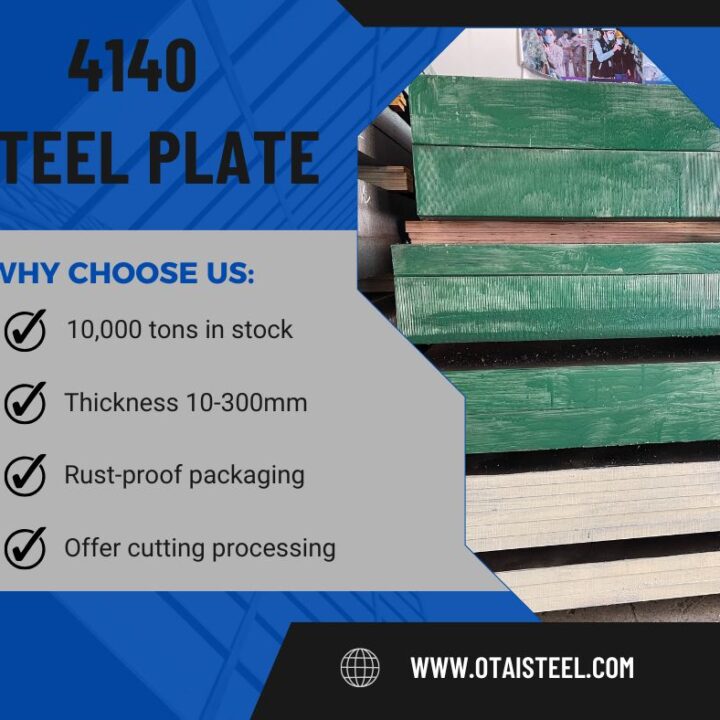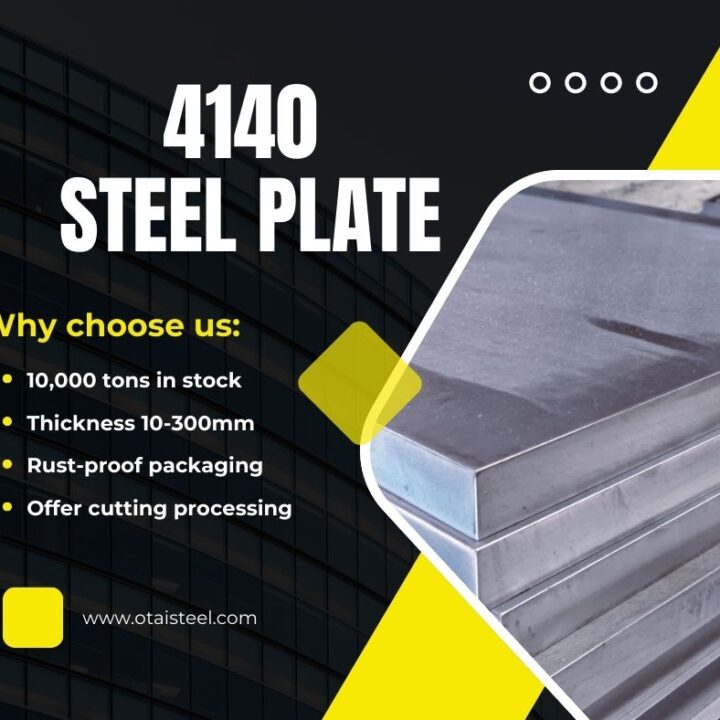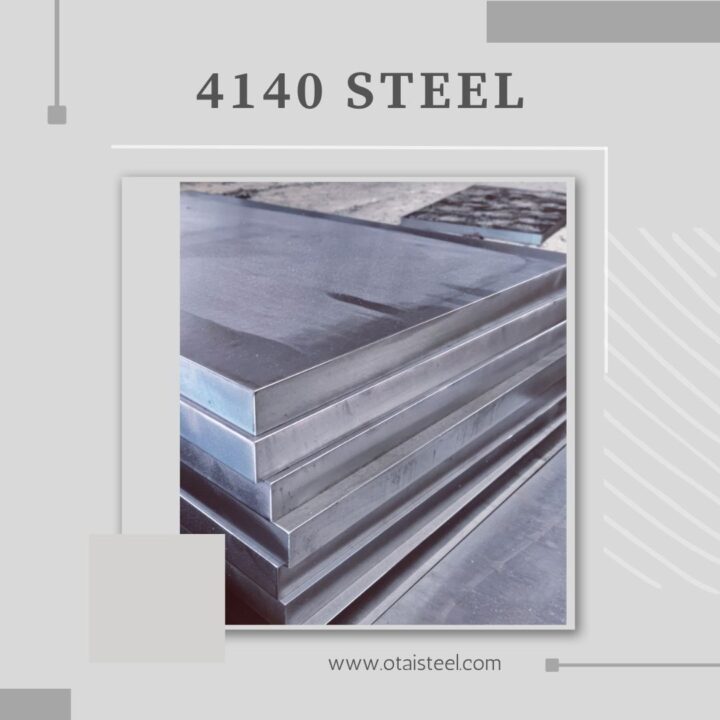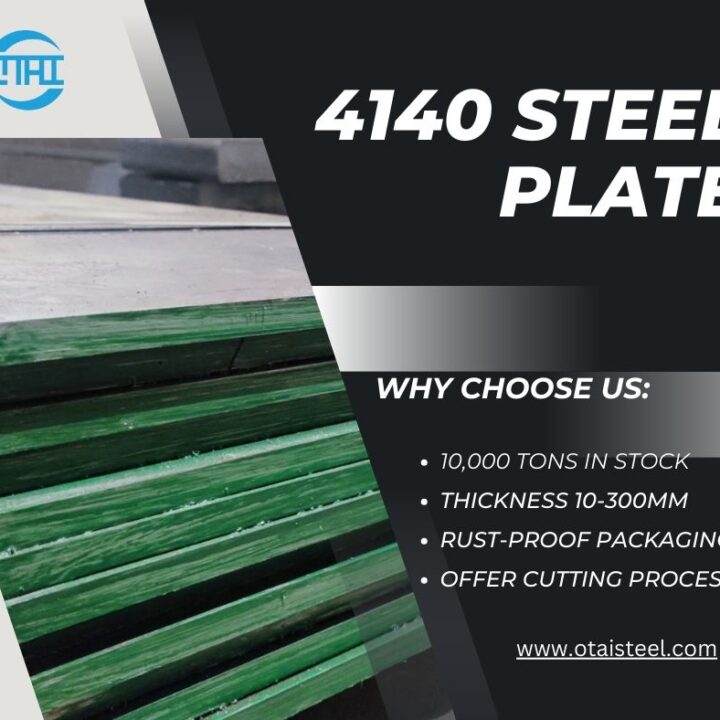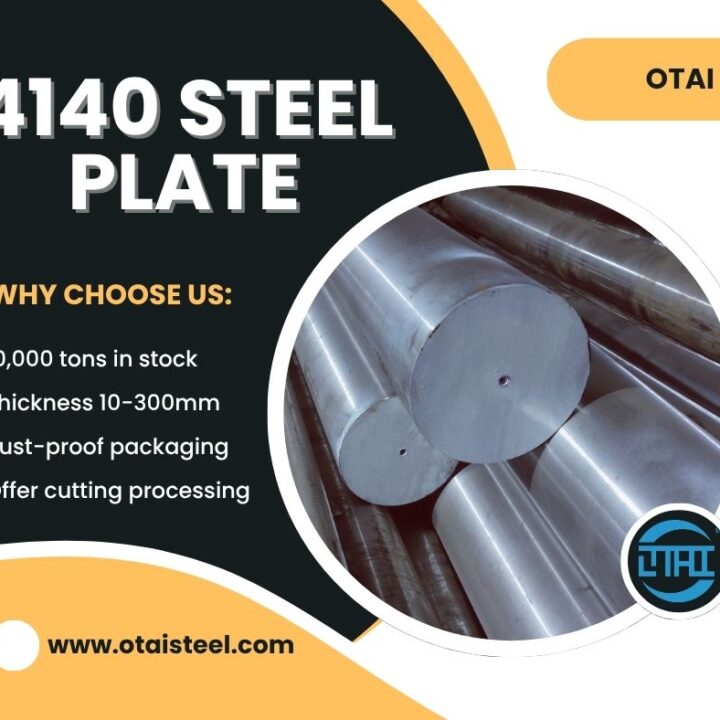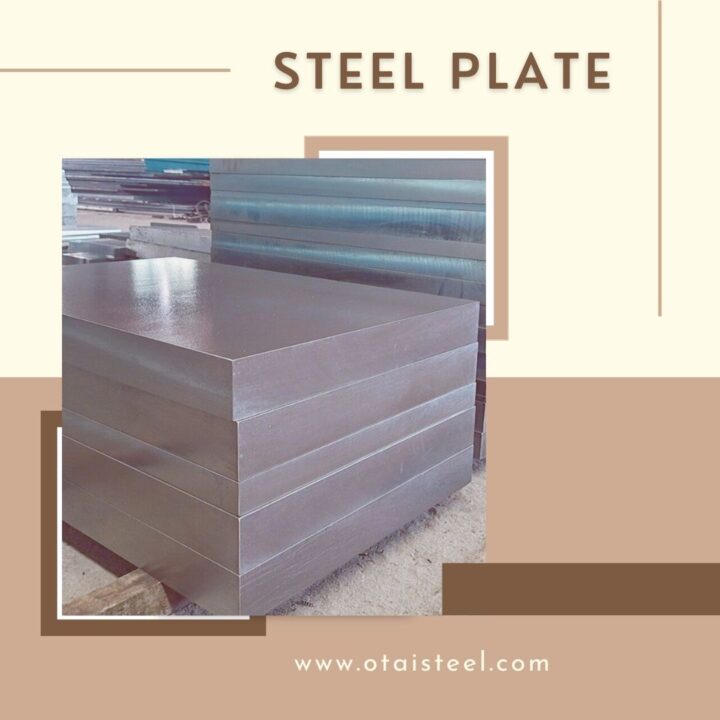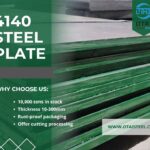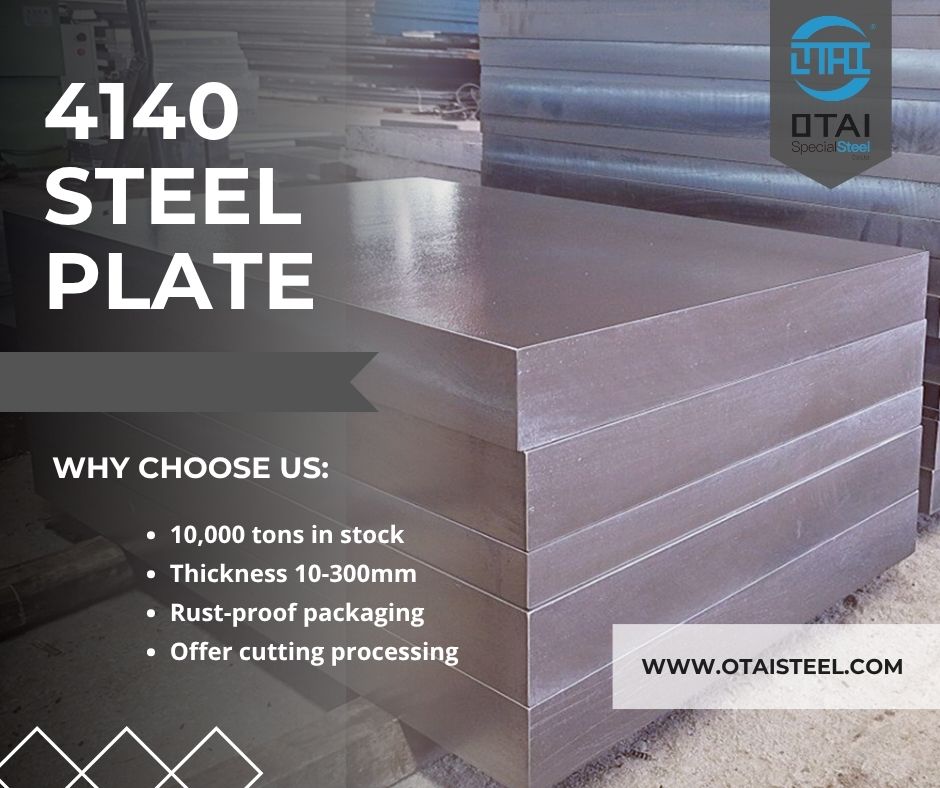 Does 4140 Steel Rust? Understanding Corrosion Resistance and Protection Methods
Does 4140 Steel Rust? Understanding Corrosion Resistance and Protection Methods
One of the most common questions people have when considering 4140 steel for their projects is whether it rusts. 4140 steel is a highly versatile alloy, renowned for its strength, toughness, and durability. But just like any other metal, it’s important to consider its corrosion resistance. In this article, we will explore whether 4140 steel rusts, factors that influence corrosion, and how to protect it from rusting.
🧪 What is 4140 Steel?
4140 steel is a chromium-molybdenum alloy steel that combines carbon, chromium, and molybdenum to enhance its mechanical properties, including strength, toughness, and wear resistance. These elements also give the steel improved hardening capabilities, making it ideal for applications that require high-performance parts like gears, axles, and tooling.
However, while 4140 steel is highly durable and resistant to wear, its corrosion resistance depends on various factors, including environmental conditions and surface treatments.
🔍 Does 4140 Steel Rust?
Yes, 4140 steel can rust if it is exposed to moisture, oxygen, and other corrosive elements for prolonged periods. Like many other steels, 4140 has the potential to corrode or develop rust when left unprotected in environments with high humidity or in contact with water.
The reason is simple: 4140 steel contains iron as its base metal. When iron comes into contact with water and oxygen, it undergoes an oxidation process, forming iron oxide or rust. However, the degree of rusting can vary depending on the alloy composition, surface treatment, and environmental conditions.
🧬 Factors Affecting the Rusting of 4140 Steel
While 4140 steel is known for its excellent strength and toughness, its corrosion resistance is not as high as that of stainless steel or other corrosion-resistant alloys. Here are some factors that influence how 4140 steel reacts to rust:
1. Environment
-
Moisture and humidity are the primary culprits in rust formation. If 4140 steel is exposed to rain, saltwater, or high humidity for long periods, the chances of rusting increase significantly.
-
Airborne chemicals or pollutants, such as sulfur or chlorides, can also speed up the oxidation process.
2. Surface Treatment
-
4140 steel in its raw form has limited corrosion resistance. However, when heat-treated, tempered, or coated with protective layers, it can resist corrosion much better. Plating, galvanizing, or applying protective coatings like paint, oil, or rust inhibitors can dramatically reduce the likelihood of rust.
3. Alloy Composition
-
The alloying elements in 4140 steel, particularly chromium and molybdenum, offer some natural resistance to corrosion. While this doesn’t make it fully resistant to rust, it does make the steel more resilient in less extreme conditions compared to pure carbon steels.
🧰 How to Protect 4140 Steel from Rusting
Although 4140 steel is susceptible to rust, there are several ways to protect it from corrosion. Here are some effective methods to prevent rust on 4140 steel:
1. Apply Protective Coatings
One of the best ways to protect 4140 steel from rust is by applying protective coatings. Coatings such as:
-
Oil or grease: These form a protective layer over the steel, preventing moisture and oxygen from making contact with the metal.
-
Rust-resistant paint: This can be applied to 4140 steel to form a barrier against moisture.
-
Powder coating: A durable, rust-resistant finish that provides excellent protection for steel parts.
-
Plating: Zinc plating or chromium plating can create a protective layer that enhances corrosion resistance.
2. Galvanizing
Galvanizing is the process of applying a layer of zinc over the 4140 steel. Zinc forms a barrier that prevents moisture and other elements from coming into direct contact with the steel. This process dramatically increases the corrosion resistance of 4140 steel, especially in outdoor and marine environments.
3. Keep the Steel Dry
Keeping 4140 steel dry is a simple yet effective way to prevent rust. When moisture is trapped between steel surfaces or in areas with poor ventilation, it can speed up the rusting process. Regular cleaning and drying of exposed 4140 steel parts can help minimize this risk.
4. Use Rust Inhibitors
Rust inhibitors are chemicals that can be applied to the steel’s surface to prevent oxidation. These products form a protective layer on the metal, helping to prevent rust from forming. Rust inhibitors are commonly used in industries where steel parts are exposed to harsh environments, such as in construction, mining, or marine applications.
💡 Advantages of Protecting 4140 Steel from Rust
By taking steps to protect 4140 steel from rust, you can extend its service life and maintain its strength and durability. Here are some benefits of preventing rust on 4140 steel:
| Benefit | Details |
|---|---|
| Improved Longevity | Proper protection prevents the steel from corroding, enhancing its lifespan. |
| Enhanced Performance | Rusting can weaken the steel, so protecting it ensures it performs optimally under stress. |
| Cost-Effectiveness | Preventing rust reduces maintenance and replacement costs, making 4140 steel more cost-effective. |
| Preservation of Aesthetic Quality | For parts that require visual integrity, rust prevention helps maintain their appearance. |
🏅 Why Choose Otai Special Steel for Your 4140 Steel Needs?
At Otai Special Steel, we provide high-quality 4140 steel that meets strict industry standards. We also offer various surface treatments such as plating, heat treatment, and coating services to help protect your 4140 steel products from rust and corrosion. Whether you need custom cutting, heat-treated steel, or special coatings, we can help you find the best solution for your needs.
| Benefit | Details |
|---|---|
| Extensive Stock | We maintain a large inventory of 4140 steel plates, bars, and rods in various sizes. |
| Custom Solutions | We offer custom cutting, heat treatment, and surface coatings to meet your specific requirements. |
| Global Shipping | We deliver 4140 steel products worldwide with quick turnaround times. |
| Quality Assurance | Our 4140 steel undergoes thorough testing to ensure compliance with international standards. |
❓ FAQ: Frequently Asked Questions About 4140 Steel and Rust
Q1: Does 4140 steel rust in marine environments?
A1: Yes, 4140 steel can rust in marine environments due to the high moisture and salt content in the air. However, you can significantly reduce this risk by applying protective coatings or galvanizing the steel.
Q2: Is there a way to prevent rust on 4140 steel in outdoor applications?
A2: Yes, applying protective coatings, using rust inhibitors, and keeping the steel dry can help prevent rusting when 4140 steel is used outdoors.
Q3: How long does 4140 steel last before it starts to rust?
A3: The time it takes for 4140 steel to rust depends on the environmental conditions. In dry, indoor conditions, it may last many years without rusting. However, exposure to moisture, humidity, or salty air can cause rust to form relatively quickly.

